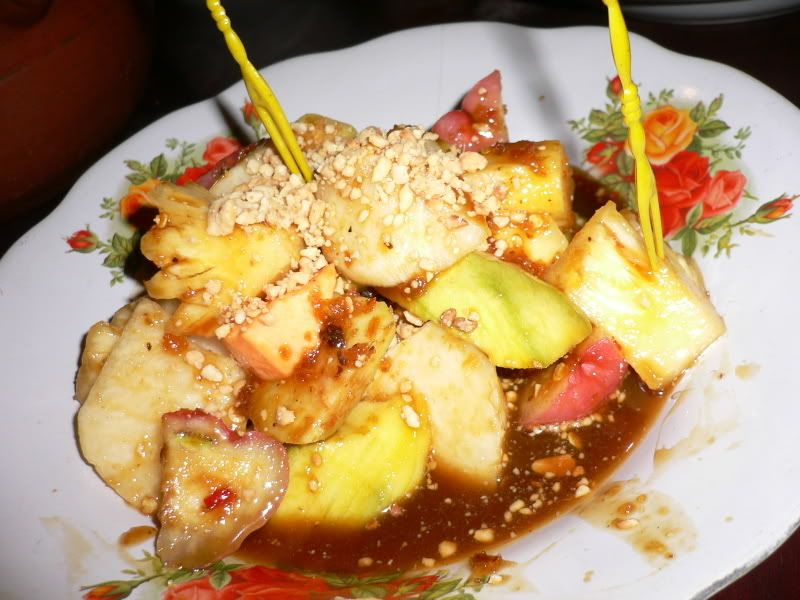Peranakan Singaporeans, what are your views on Lee Kuan Yew as baba?
Do you feel proud of him?
I have always admired my father for his dedication to Singapore, his determination to do what is right, his courage in standing up to foreigners who try to tell us how to run our country.
But my father was also the eldest son in a typical Peranakan family. He cannot even crack a soft-boiled egg - such things not being expected of men, especially eldest sons, in Peranakan families...
http://hongjun.blogspot.com/2009/04/dr-lee-wei-ling
A significant category of Chinese, although one not listed in the census reports, were the Baba Chinese or Straits Chinese.
They were Chinese who after long residence in Southeast Asia spoke Malay or English as their first language, and whose culture contained elements from China, Southeast Asia, and sometimes Europe as well.
An indication of the size of the Baba Chinese community was provided by the 1980 census report that 9 percent of Chinese families spoke English at home. Stereotypically the Baba were the offspring of Chinese migrants and local women. In the nineteenth century, they tended to be wealthier and better educated than the mass of immigrants and to identify more with Singapore and Southeast Asia than with China.
In spite of their language, the Baba considered themselves Chinese, retained Chinese kinship patterns and religion, and even when speaking Malay used a distinct Baba dialect of Malay with many loan words from Hokkien.
Never a large proportion of Singapore's Chinese population, in the late nineteenth century they took advantage of opportunities for education in English and promoted themselves as loyal to Britain.
In Singapore, many Baba families spoke English as a first language and produced many of the leaders of Singapore's independent political movements, including Lee Kuan Yew.
Although the Baba, in a sense, provided the model for the current Singaporean who is fluent in English and considers Singapore as home, the community fragmented in the early twentieth century as Chinese nationalism spread.
After the 1920s its members gained no advantage, economic or political, from distinguishing themselves from the rest of the Chinese population and tended increasingly to become Chinese again, often learning to speak Chinese as adults. In the 1980s, Baba culture survived largely in the form of a well-known cuisine that mixed Chinese and Malay ingredients and in some families who continued to use English as the language of the home...
http://memory.loc.gov/cgi-bin/query/r?frd/cstdy:@field(DOCID+sg0044)


